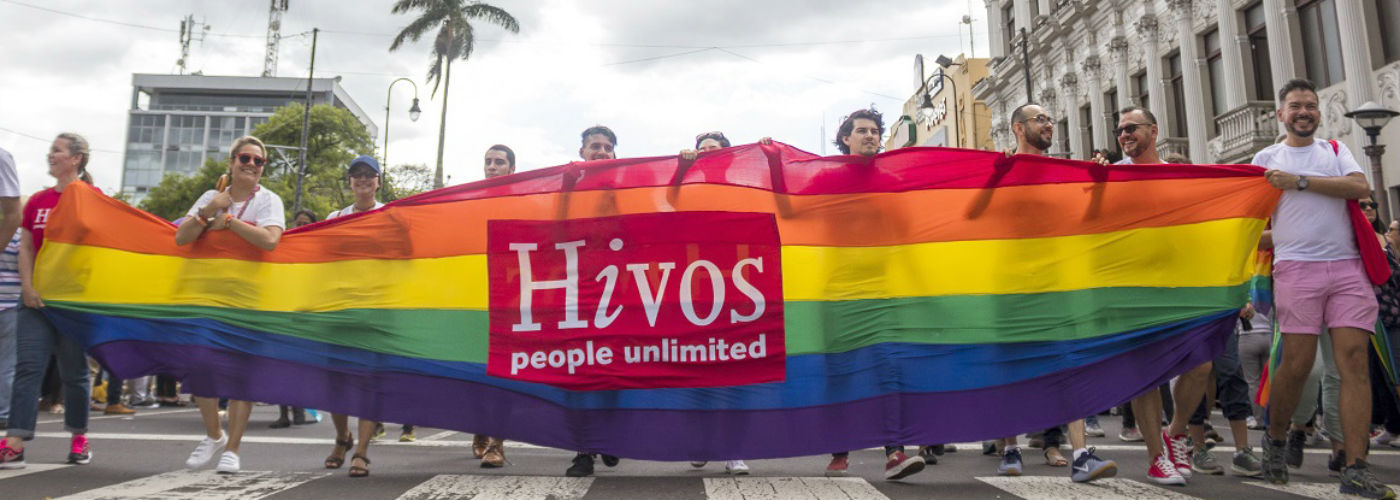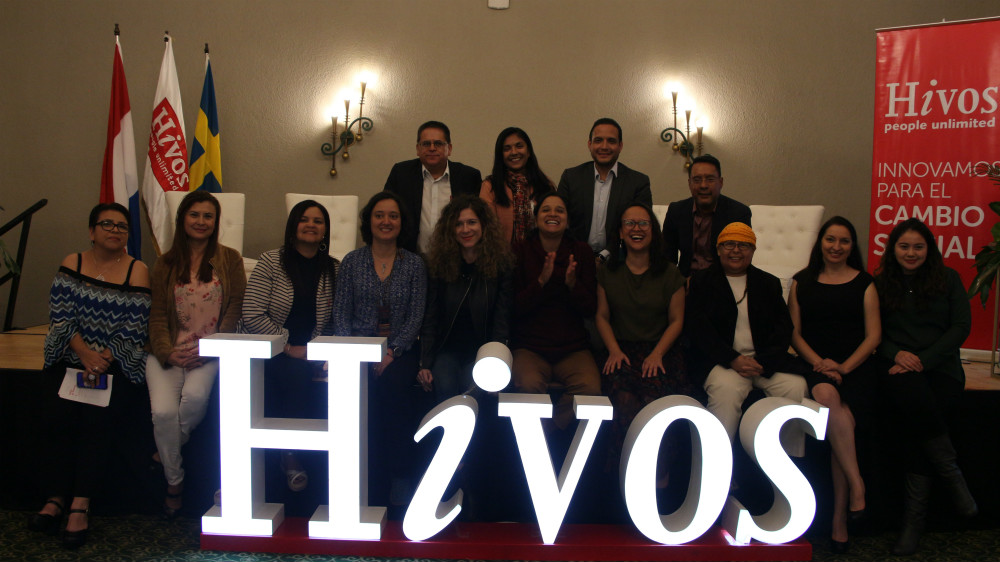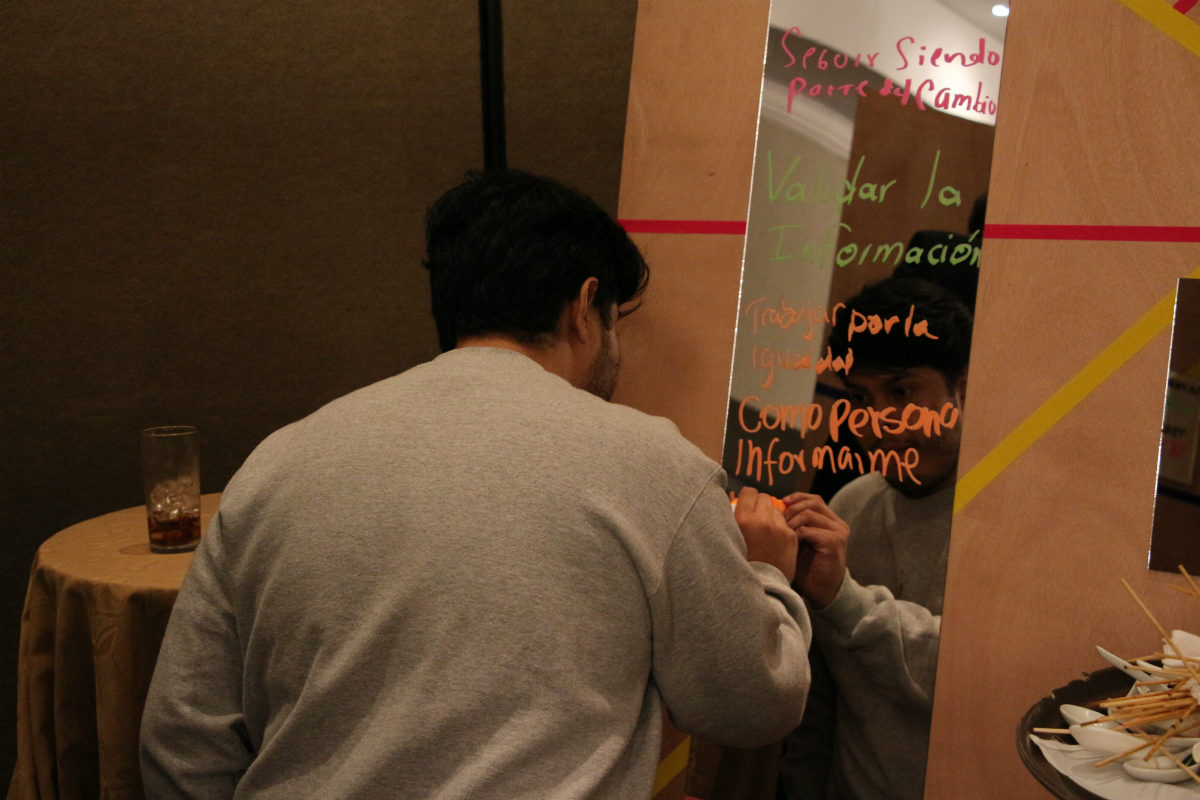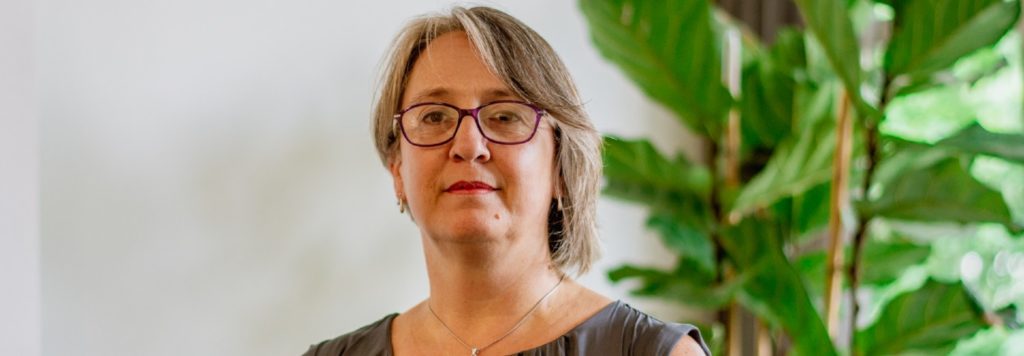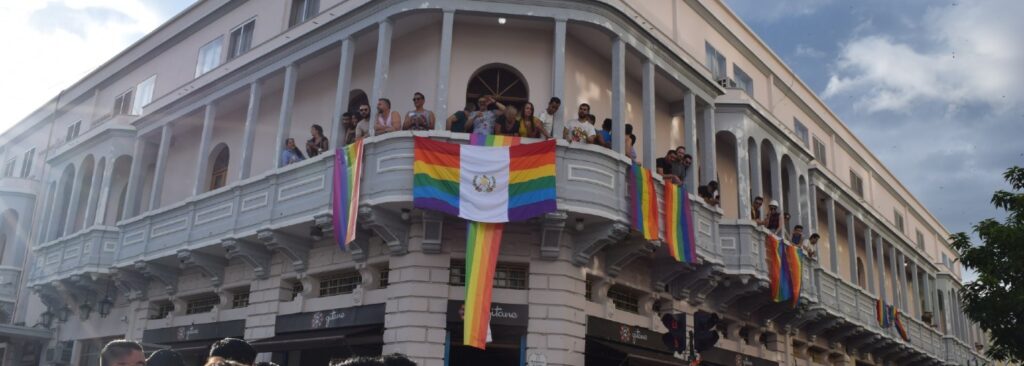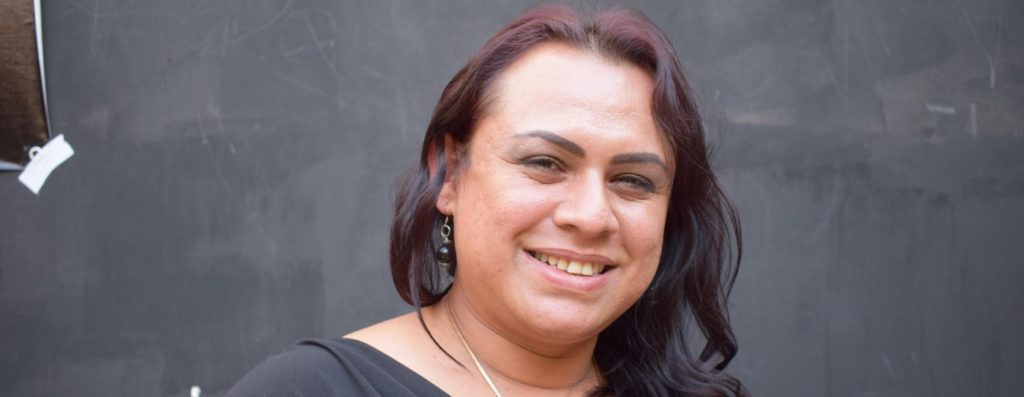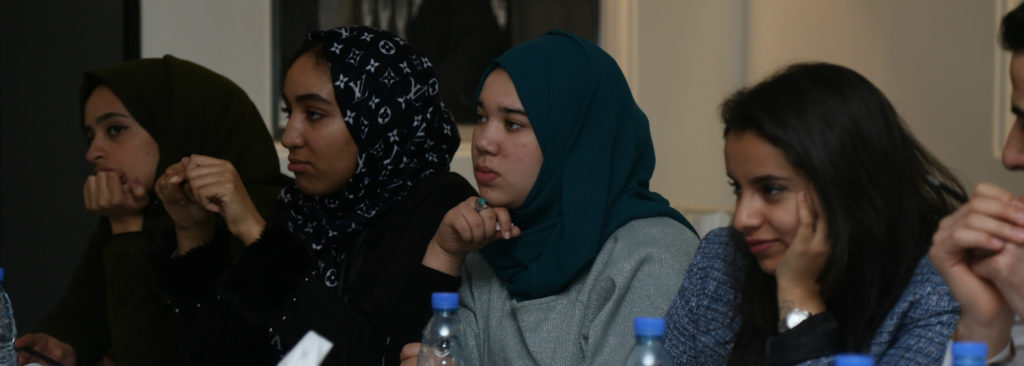Hivos is proud to announce two new LGBT+ projects in Latin America. Both projects will contribute to strengthening the LGBT+ community. One will be implemented in Guatemala and was made possible by the Swedish Embassy. It aims to educate LGBT+ youth about their rights. The other project, funded by the Dutch Embassy, will change the narrative about LGBT+ people in five Central American countries. We sincerely thank both embassies for joining us on our mission to achieve diverse and inclusive societies.
A diverse and inclusive Guatemala
Guate Diversa e Inclusiva (Guatemala, Diverse and Inclusive), as the first project is called, is a four-year effort to ensure that the legal and social needs of the LGBT+ community in Guatemala are met. The project specifically targets youth by increasing adolescents’ understanding of their social, economic and sexual rights.
While the protection of all human rights is enshrined in a clear and extensive international legal framework, LGBT+ people in Guatemala face many challenges preventing them from fully enjoying these rights. Last year, we witnessed worrying developments in Guatemala that threaten the LGBT+ community even more.
On the one hand, there are structural factors like the predominant patriarchal culture that lead to discriminatory and violent practices. The volatile political context, on the other hand, increases the influence of conservative neo-Pentecostal churches. This means the LGBT+ community is confronted on all sides by a culture of homophobia, biphobia, lesbophobia and transphobia.
To counter this, Hivos is joining forces with eight Guatemalan civil society organizations. These include LGBT+ groups and youth-led organizations specialized in promoting and defending sexual and reproductive health rights, and organizations with experience in reaching out to young children. Together we will work towards a diverse and inclusive Guatemala.
Guate Diversa e Inclusiva is funded for four years and will be implemented by Hivos’ office in Guatemala.
Changing narratives
Last week also saw the launch of a new regional project funded by the Dutch Embassy in Costa Rica. This project aims to change the narrative about LGBT+ people in five Central American countries.
We believe increasing respect for and inclusion of the LGBT+ community often starts with access to information. That’s why this project will improve data collection to support unbiased (news) reporting and optimize lobby efforts. Data, for instance, that allow us to monitor compliance with anti-discrimination laws.
Finding allies
We are eager to start work on these important project. For Hivos, diversity is the beauty of human kind. Who you love, what your gender identity is, and how you express this are all essential parts of you. This should be reason for pride, and certainly not a reason to hate. Throughout the world, we forge a critical mass of allies that opposes discrimination and works for the inclusion of all of us. Read more about our approach.
About the launch event
Carmen Quintela, a journalist at Agencia Ocote, moderated a discussion about the challenges facing girls’ and adolescents’ sexual and reproductive rights in Guatemala. The human rights context of the LGBT+ community in Central America was also addressed. The speakers were: Sebastian Cabrera and Magdalena Baltazar from OSAR; Gabriel Duarte, Visibles; Gaby Castillo, ODASA and Luis Salazar, Presidential Commissioner for LGBT+ Affairs of Costa Rica.
Ambassadors Peter Derrek Hof (the Netherlands) and Anders Kompass (Sweden) exchanged ideas and discussed expected challenges to both projects with partners, the Hivos team and strategic allies.
During the launch, an art installation called “Reflejos” (Reflections) projected data on teenage pregnancies and rights violations against the LGBT+ community onto mirrors. The objective was to raise awareness about the need to change the reality reflected in the mirrors.

